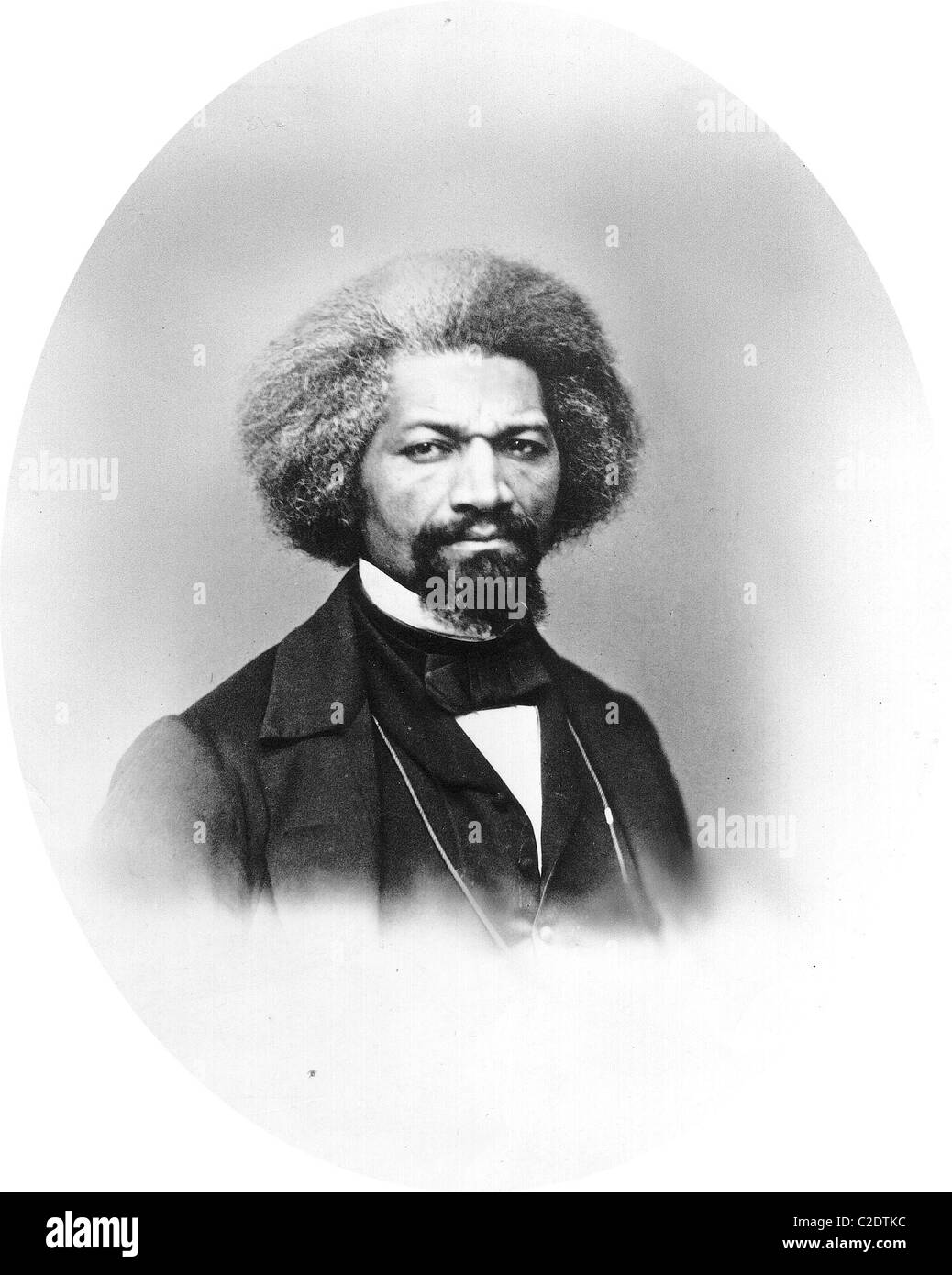

Not once, but continually and for the good of the nation, he argued, we must bring the “thunder.”ĭouglass’s extraordinary life and legacy can be understood best through his autobiographies and his countless articles and speeches. Indeed, Douglass knew, as he argued so ardently in his famed 1852 July Fourth speech, that for democracy to thrive, the nation’s conscience must be roused, its propriety startled and its hypocrisy exposed. And he knew it after Emancipation, when he continued to battle for equal rights under the law. He knew it when he lobbied relentlessly to abolish slavery. Eyerman/The LIFE Picture Collection/Getty Images) He wanted to rouse the nation's conscience-and expose its hypocrisyĭouglass’s voluminous writings and speeches reveal a man who believed fiercely in the ideals on which America was founded, but understood-with the scars to prove it-that democracy would never be a destination of comfort and repose, but a journey of ongoing self-criticism and struggle. Framed daguerreotype portrait of abolitionist Frederick Douglass.


 0 kommentar(er)
0 kommentar(er)
